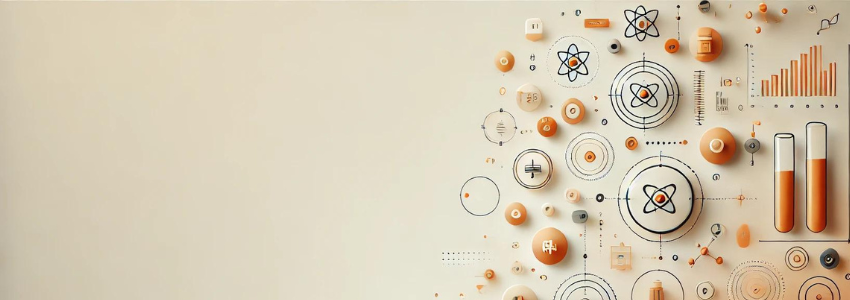Course Overview:
B.Sc. in Statistics is a 3-year undergraduate program focused on the study of data collection, analysis, interpretation, and presentation. The course provides an in-depth understanding of statistical theories, methods, and applications in various fields, including finance, economics, healthcare, and research. Students will gain expertise in probability theory, data analysis, and statistical modeling, which are crucial for decision-making in different industries.
Duration:
3 years (6 semesters)
Syllabus - Semester-Wise Breakdown
Year 1 (Semester 1 & 2):
Introduction to Statistics: Basic concepts of statistics, data collection, and descriptive statistics.
Probability Theory: Concepts of probability, random variables, and probability distributions.
Mathematics for Statistics: Mathematical foundations, including calculus, linear algebra, and matrices.
Statistical Computing: Introduction to statistical software (e.g., R, Python) for data analysis and visualization.
Statistical Methods I: Study of measures of central tendency, dispersion, correlation, and regression analysis.
Laboratory I: Hands-on training in statistical data analysis using software tools.
Year 2 (Semester 3 & 4):
Inferential Statistics: Hypothesis testing, confidence intervals, t-tests, chi-square tests, and ANOVA.
Probability Distributions: Study of discrete and continuous probability distributions, such as binomial, Poisson, and normal distributions.
Sampling Theory: Techniques of sampling, estimation, and survey methods for statistical inference.
Time Series Analysis: Analysis of time-dependent data, forecasting models, and applications in finance and economics.
Statistical Methods II: Advanced regression analysis, multivariate analysis, and statistical inference techniques.
Laboratory II: Advanced statistical computing and data analysis using software tools.
Year 3 (Semester 5 & 6):
Design of Experiments: Techniques for designing statistical experiments and analyzing experimental data.
Multivariate Statistics: Techniques for analyzing multiple variables, including factor analysis, cluster analysis, and discriminant analysis.
Non-Parametric Methods: Non-parametric statistical techniques and their applications in real-world data.
Econometrics: Statistical methods used in economics to model and forecast economic phenomena.
Research Methodology: Techniques of scientific research, data collection methods, and statistical analysis for research projects.
Internship and Project Work: Practical experience in data analysis and application of statistical methods in real-world projects.
Average Fees:
INR 30,000 - 1,50,000 per year (varies based on institution)
Exams to Attend:
JEE Mains (Joint Entrance Examination for B.Sc. in some institutions)
DUET (Delhi University Entrance Test)
BITSAT (Birla Institute of Technology and Science Admission Test)
IISER Aptitude Test (Indian Institutes of Science Education and Research)
State-level entrance exams like KEAM (Kerala), KCET (Karnataka), WBJEE (West Bengal)
University-specific entrance exams
Top 10 Statistics Institutes in India:
Indian Statistical Institute (ISI), Kolkata
St. Stephen's College, Delhi
Indian Institute of Technology (IIT), Kanpur
Indian Institute of Science (IISc), Bangalore
Lady Shri Ram College for Women, Delhi
Presidency College, Chennai
Banaras Hindu University (BHU), Varanasi
Hindu College, Delhi
Loyola College, Chennai
Fergusson College, Pune
Top 10 Statistics Institutes in Kerala:
University of Kerala, Thiruvananthapuram
Cochin University of Science and Technology (CUSAT), Kochi
St. Thomas College, Thrissur
Mahatma Gandhi University, Kottayam
Government College for Women, Thiruvananthapuram
Sacred Heart College, Kochi
Farook College, Kozhikode
St. Joseph’s College, Devagiri
Nirmalagiri College, Kannur
Government Victoria College, Palakkad
